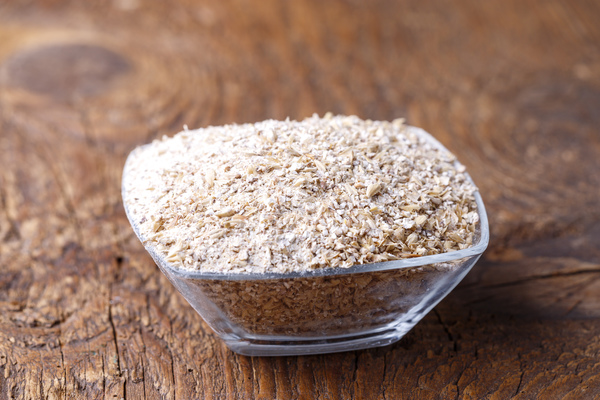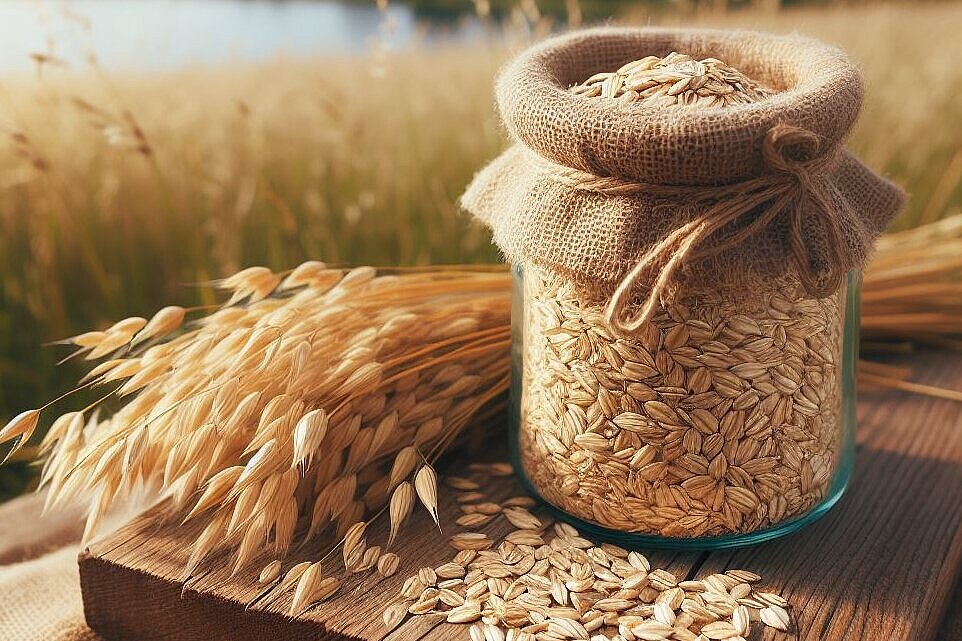Beer malt

Beer malt is a by-product of beer production that consists of the germ and endosperm of the grain. It is obtained by soaking, germinating and kilning the grain. Beer malt contains various nutrients such as protein, carbohydrates, fiber, vitamins and minerals. Beer malt is not only used for brewing beer, but also as an ingredient in foods such as bread, muesli and cookies.
Can beer malt harm or benefit dogs?
Beer malt is not poisonous for dogs, but it is not necessarily healthy either. It always depends on the quantity and quality of the beer malt. In small quantities, beer malt can serve as a treat or appetizer for dogs. It can also help to promote digestion and support the intestinal flora. However, beer malt should not be used as a staple food or dietary supplement for dogs. Beer malt also has some disadvantages:
- Beer malt contains a lot of sugar and calories, which can lead to obesity, diabetes or tooth decay. Dogs in particular that are prone to obesity or are susceptible should not be given beer malt.
- Beer malt can trigger allergies or intolerances. Some dogs are sensitive to cereals or gluten contained in beer malt. This can lead to skin problems, itching, diarrhea or vomiting.
- Beer malt may contain alcohol. Although the alcohol content of beer malt is very low, it can be harmful to dogs. Alcohol can damage the liver and nervous system of dogs and lead to symptoms of poisoning.
How much beer malt can a dog be given?
There is no precise recommendation as to how much beer malt a dog can be given. This depends on various factors, such as the dog's weight, age, state of health and diet. The rule of thumb is: the less, the better. A small dog should not be given more than one teaspoon per day, a large dog no more than one tablespoon. You should also make sure that the beer malt is fresh and of good quality. It is best to make the malt yourself or buy it.
Beer malt is not a miracle cure for dogs, but a by-product of beer production. It can be used in small quantities as a treat or appetizer, but can also lead to health problems. Beer malt should therefore only be fed occasionally and in moderation. If you want to do something good for your dog, it's better to make sure it has high-quality food and fresh water.
Properties 12
Are you looking for other ingredients with a specific property?
Just click on them to find more.
If you notice any signs of hypersensitivity or poisoning in your dog, you should see your vet immediately. We are not a substitute for a vet, but we try to be as accurate as possible. Every dog reacts differently and we recommend you get a second opinion or consult your vet if in doubt.
Stay healthy and take good care of your four-legged friend!😊
Similar to Beer malt
Barley malt is obtained from barley. Barley is a type of grain and is one of the oldest cultivated plants known to mankind. To produce barley malt, the barley is first soaked and then allowed to...
Oat malt is a cereal product made from oat grains that are first soaked and then allowed to germinate. The germination process activates the starch and enzymes in the oats, which break down and...
Wheat malt is made from quality wheat that is moistened to germinate. This produces enzymes that break down the starch and protein in the grain. The wheat is then dried again to stop the germination...
Rye malt is produced through a process called malting. The rye is soaked in water and allowed to germinate. After five to seven days, germination is stopped by gentle drying. This step is called...



